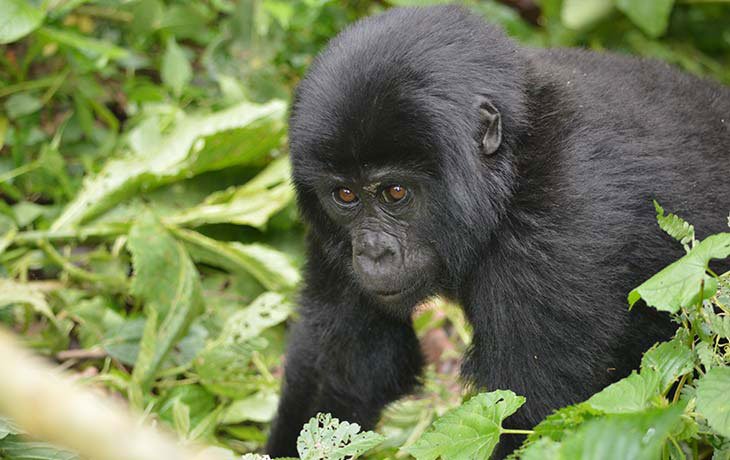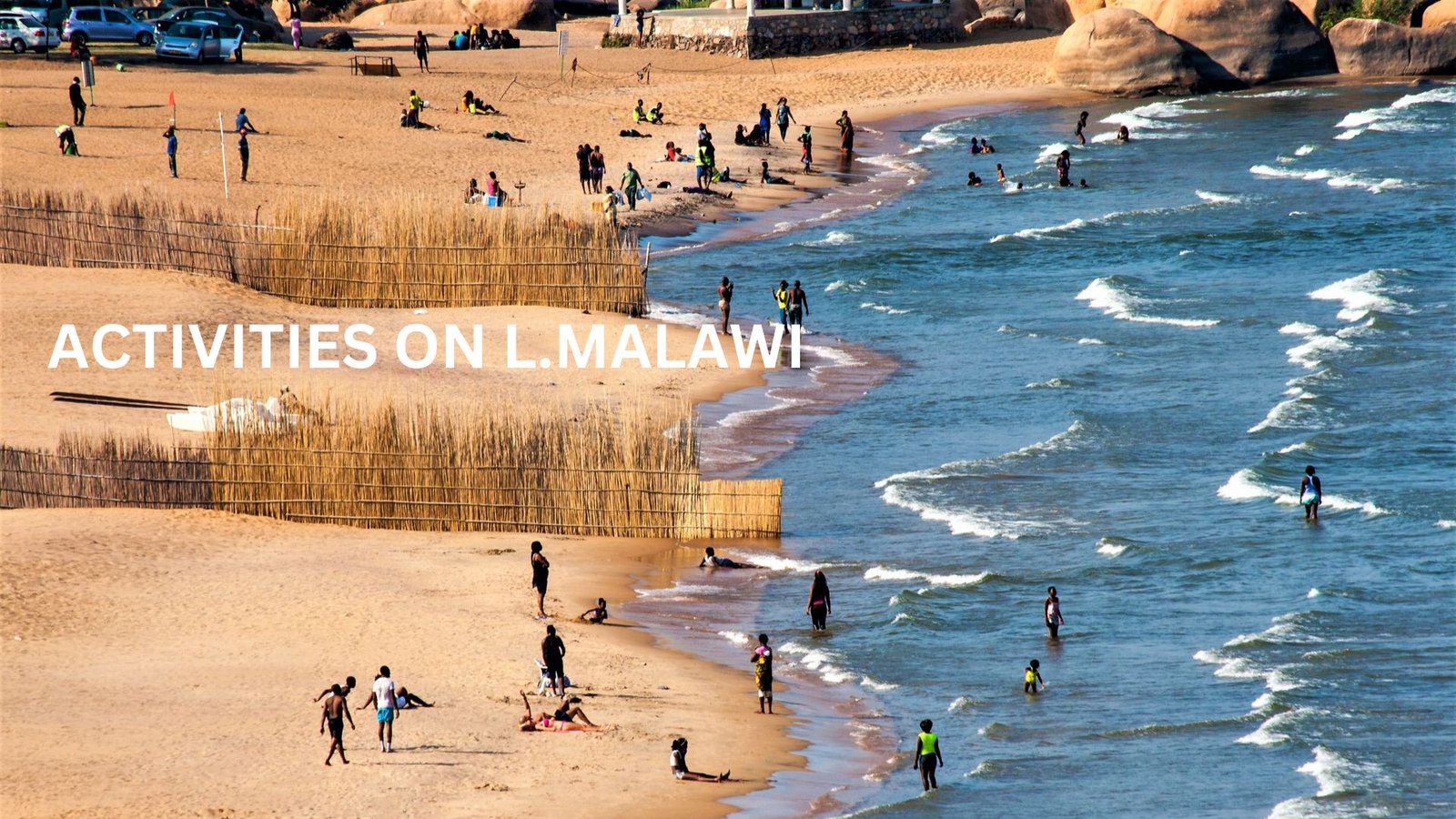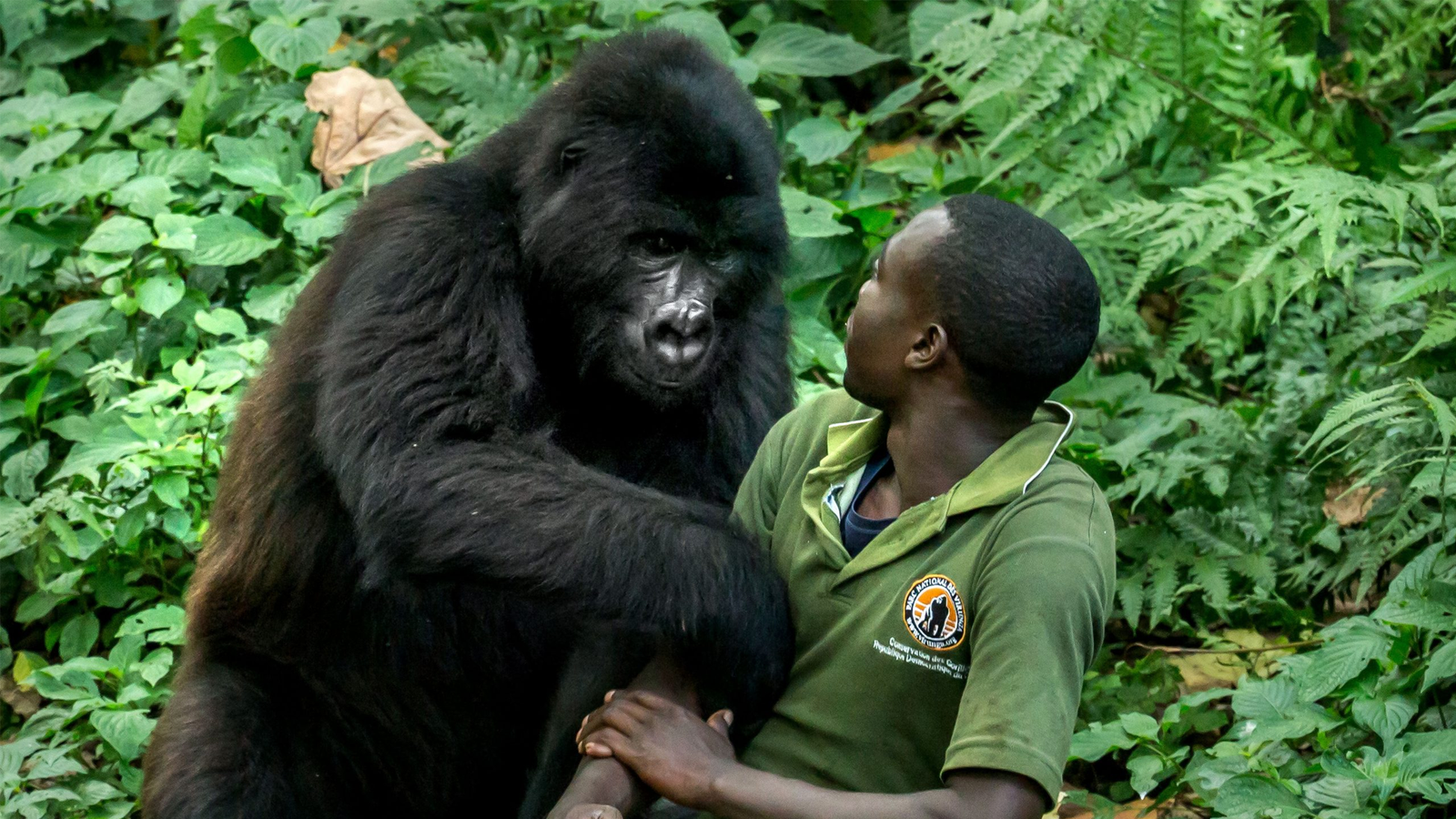 Environmental education in Bwindi National Park aims to raise awareness about the importance of conservation, biodiversity, and sustainable practices among local communities, tourists, and other stakeholders. Some key components of environmental education in the park include:
Community Outreach:
Community outreach is a crucial aspect of environmental education and conservation efforts, particularly in areas like Bwindi National Park where local communities have a direct impact on the surrounding environment and wildlife.
Community outreach aims to engage and empower local residents, fostering a sense of ownership and responsibility for the natural resources and biodiversity in their vicinity. Here are some key points about community outreach in Bwindi National Park:
Environmental education in Bwindi National Park aims to raise awareness about the importance of conservation, biodiversity, and sustainable practices among local communities, tourists, and other stakeholders. Some key components of environmental education in the park include:
Community Outreach:
Community outreach is a crucial aspect of environmental education and conservation efforts, particularly in areas like Bwindi National Park where local communities have a direct impact on the surrounding environment and wildlife.
Community outreach aims to engage and empower local residents, fostering a sense of ownership and responsibility for the natural resources and biodiversity in their vicinity. Here are some key points about community outreach in Bwindi National Park:
- Building Relationships: Effective community outreach begins with building positive relationships with local communities. Understanding their needs, concerns, and aspirations is essential for designing outreach programs that resonate with them.
- Cultural Sensitivity: Bwindi is home to several indigenous communities in Bwindi with unique cultures and traditions. Any outreach efforts must be culturally sensitive and considerate, respecting their beliefs and practices while promoting conservation goals.
- Education and Awareness: Environmental education programs are designed to raise awareness about the importance of conservation and sustainable practices. Workshops, seminars, and interactive sessions can help educate the community about the benefits of preserving biodiversity and natural resources.
- Sustainable Livelihoods: Many local communities depend on the resources from the forest for their livelihoods. Outreach programs can promote sustainable livelihood options that reduce pressure on the park’s resources while providing economic benefits to the community.
- Alternative Energy Sources: In areas where communities rely on firewood and charcoal for fuel, introducing alternative energy sources such as clean cookstoves or renewable energy solutions can help reduce deforestation.
- Health and Sanitation: Improving access to healthcare and sanitation facilities in local communities can help reduce the potential for disease transmission between humans and wildlife, particularly important in areas where human-wildlife interactions are common.
- Capacity Building: Empowering local community members through skill development and training opportunities can create a workforce that actively participates in conservation efforts and park management.
- Inclusivity and Participation: Engaging community members in decision-making processes and involving them in conservation initiatives can lead to more successful and sustainable outcomes.
- Conservation Incentives: Developing incentive programs, such as revenue-sharing schemes or benefits from ecotourism, can provide direct economic benefits to local communities for their participation in conservation efforts.
- Monitoring and Evaluation: Regularly assessing the impact of community outreach programs is crucial for refining strategies and ensuring they are effective in achieving their objectives.
School Programs:
Integrating environmental education into school curriculum helps instill a sense of environmental responsibility in the younger generation. This can involve field trips to the park, interactive learning activities, and the promotion of sustainable practices among students and teachers.Tourist Education:
Visitors to the park, particularly those coming for gorilla trekking, are educated on park rules and regulations, ethical wildlife viewing, and responsible tourism practices. This helps minimize the impact of tourism on the delicate ecosystem and ensures the safety and well-being of both wildlife and visitors. Conservation Workshops: Conservation workshops are interactive and educational sessions designed to enhance participants’ understanding of conservation principles, practices, and challenges. These workshops play a significant role in promoting environmental awareness, building capacity, and fostering a sense of stewardship among diverse stakeholders involved in conservation efforts. In the context of Bwindi National Park, conservation workshops can address a range of topics and involve various participants, including park rangers, local communities, researchers, educators, and tourists. Here are some key aspects of conservation workshops:- Theme and Content: Workshops can focus on specific conservation themes, such as biodiversity conservation, wildlife management, sustainable resource use, community engagement, climate change, and eco-friendly tourism. The content of the workshops should be tailored to the knowledge level and interests of the participants.
- Expert Facilitation: Skilled facilitators, including conservationists, biologists, educators, and local experts, lead the workshops. Their expertise ensures that the information presented is accurate, relevant, and engaging.
- Hands-on Learning: Workshops often include practical, hands-on activities to reinforce learning and promote skill development. These activities may include field trips, data collection exercises, and habitat restoration projects.
- Networking and Collaboration: Conservation workshops provide an excellent platform for networking and collaboration among participants. Participants can share experiences, exchange ideas, and develop partnerships for future conservation initiatives.
- Incorporating Local Knowledge: In the context of Bwindi National Park, it is essential to incorporate the traditional knowledge and practices of local communities into the workshops. This fosters a sense of pride in their culture and reinforces the importance of their role in conservation efforts.
- Adaptive Management: Workshops can also focus on adaptive management strategies, where participants learn to adjust conservation approaches based on new data and changing environmental conditions.
- Addressing Conservation Challenges: Workshops can identify and discuss the specific conservation challenges faced in the region, such as human-wildlife conflict, habitat loss, poaching, and illegal logging. Participants can brainstorm solutions and action plans to address these challenges effectively.
- Monitoring and Evaluation: Regular evaluation of workshop outcomes helps gauge their effectiveness and identify areas for improvement. Feedback from participants can inform future workshop design and implementation.
- Multilingual Approach: In areas with diverse linguistic communities, workshops can be conducted in multiple languages to ensure that information reaches a broader audience effectively.
- Follow-up and Long-term Engagement: Workshops should be part of a broader, long-term engagement strategy. Follow-up activities, such as refresher workshops and ongoing support, ensure that participants continue to apply their knowledge and skills beyond the initial workshop.
Wildlife Conservation Awareness:
Specific campaigns and initiatives may be organized to raise awareness about the conservation status of mountain gorillas and other endangered species within the park. This can include public awareness campaigns, signage within the park, and community-led initiatives.Sustainable Livelihoods:
Encouraging sustainable livelihood options, such as ecotourism, beekeeping, or handicrafts, can help reduce dependence on forest resources and contribute to the economic well-being of local communities.Research and Monitoring:
Research and monitoring are critical components of effective conservation efforts in Bwindi National Park. These activities provide valuable data and insights that inform conservation strategies, help track changes in the ecosystem, and assess the effectiveness of management practices. Here are some key aspects of research and monitoring in Bwindi National Park:- Biodiversity Surveys: Regular surveys are conducted to assess the biodiversity of the park, including flora, fauna, and microbial life. These surveys help identify species richness, population trends, and distribution patterns.
- Gorilla Monitoring: Bwindi is famous for its population of endangered mountain gorillas. Monitoring these gorilla groups is essential for their protection and health. Rangers and researchers track gorilla movements, behaviour, and health to ensure their well-being and minimize human impact.
- Habitat Assessment: Researchers assess the condition and health of various habitats within the park, such as montane forests, swamps, and grasslands. Understanding changes in habitat quality and extent is crucial for wildlife conservation.
- Climate Change Impact: Monitoring the effects of climate change on the park’s ecosystem helps identify vulnerable areas and species. This information guides climate adaptation strategies.
- Human-Wildlife Interaction: Studying human-wildlife interactions helps address issues like human-wildlife conflict and guides the development of measures to minimize negative encounters.
- Ecological Research: Ecological studies investigate the relationships between different species, their ecological roles, and the impact of human activities on these interactions.
- Population Dynamics: Monitoring the size and dynamics of animal populations, such as gorillas, elephants, and other key species, helps assess their conservation status and potential threats.
- Disease Surveillance: Regular disease monitoring in wildlife populations is essential for early detection of outbreaks and preventing transmission between wildlife and humans.
- Illegal Activities: Monitoring for signs of poaching, logging, and other illegal activities helps park management respond proactively to protect wildlife and enforce regulations.
- Scientific Collaboration: Researchers often collaborate with local communities, academic institutions, and international organizations to share knowledge, resources, and expertise.
- Data Management: Proper data management systems are crucial for organizing and analysing research findings effectively. This allows for evidence-based decision-making in conservation management.
- Long-term Studies: Long-term monitoring programs provide valuable insights into ecological changes and trends that may not be apparent in short-term studies.
- Public Awareness: Sharing research findings with the public and stakeholders raises awareness about conservation challenges and successes, fostering greater support for conservation efforts.



